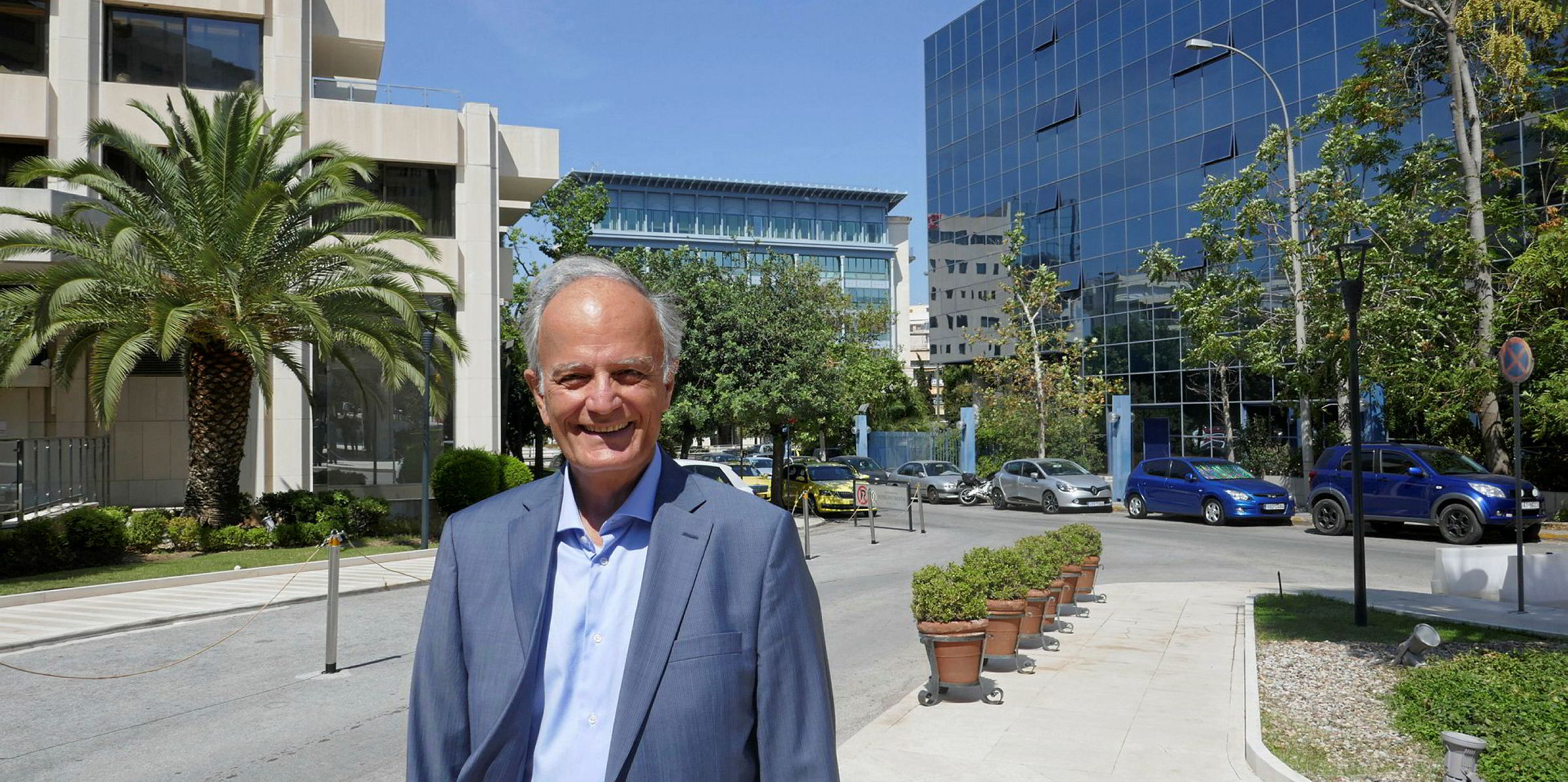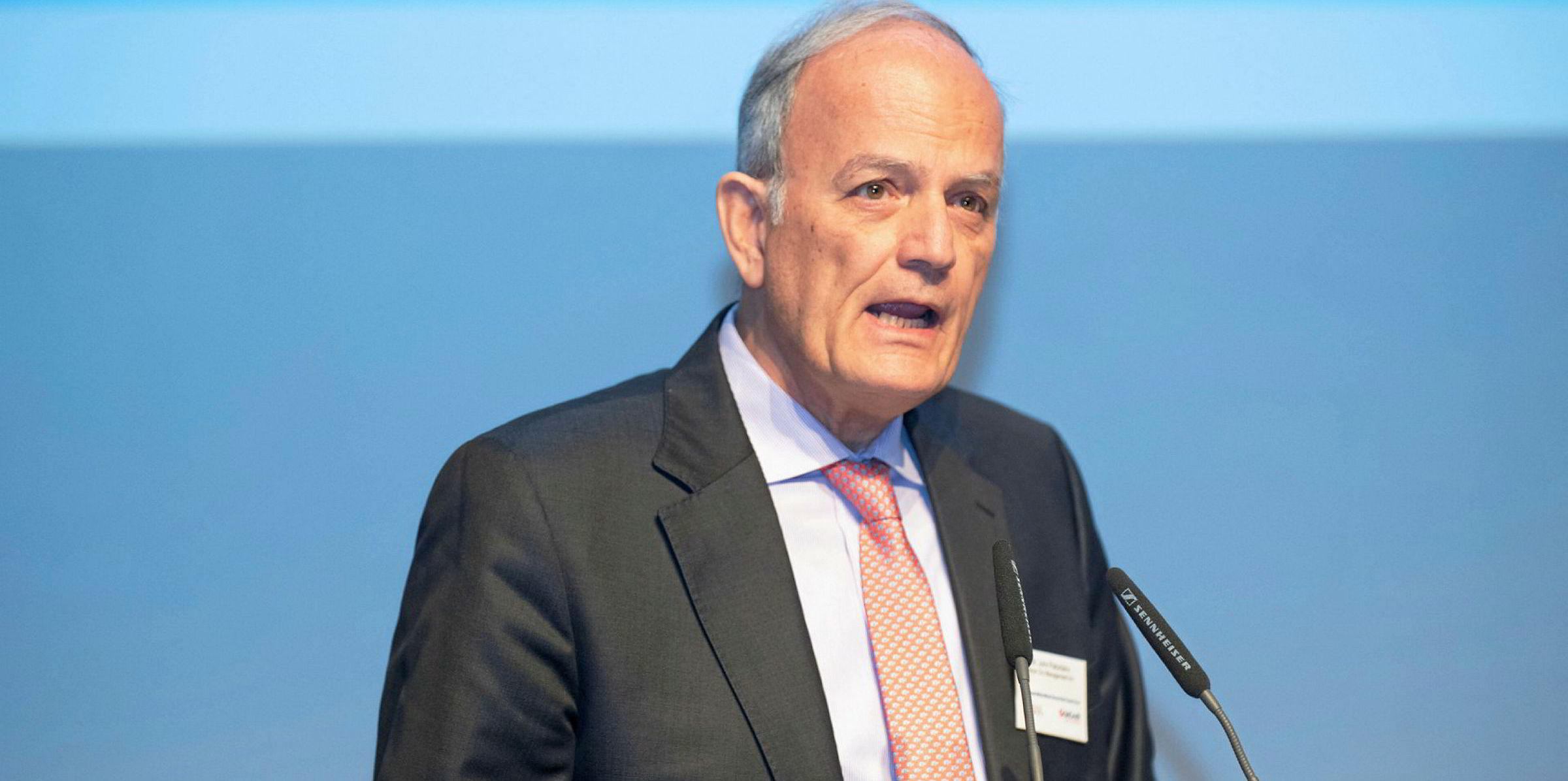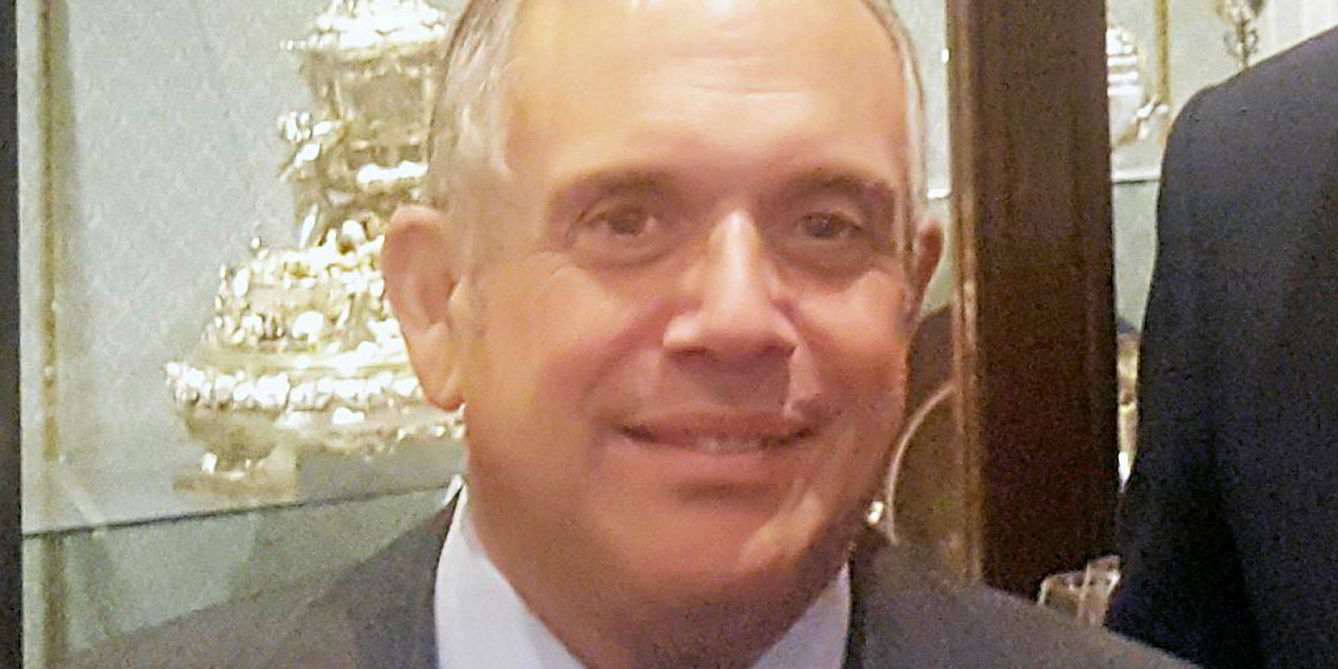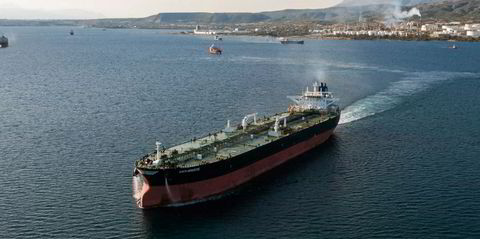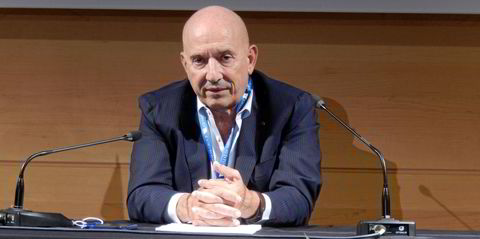For a man who lost his father in a capsized ferry, John Platsidakis grew surprisingly fond of the sea.
He was just 15 years old when his father, Epimenides, perished in one of Greece’s biggest maritime tragedies — the sinking of the 9,000-ton Heraklion (built 1949), in which more than 200 people drowned in the Aegean in December 1966.
“He was just a passenger, a merchant on his way to Piraeus — he had nothing to do with the sea,” Platsidakis said.
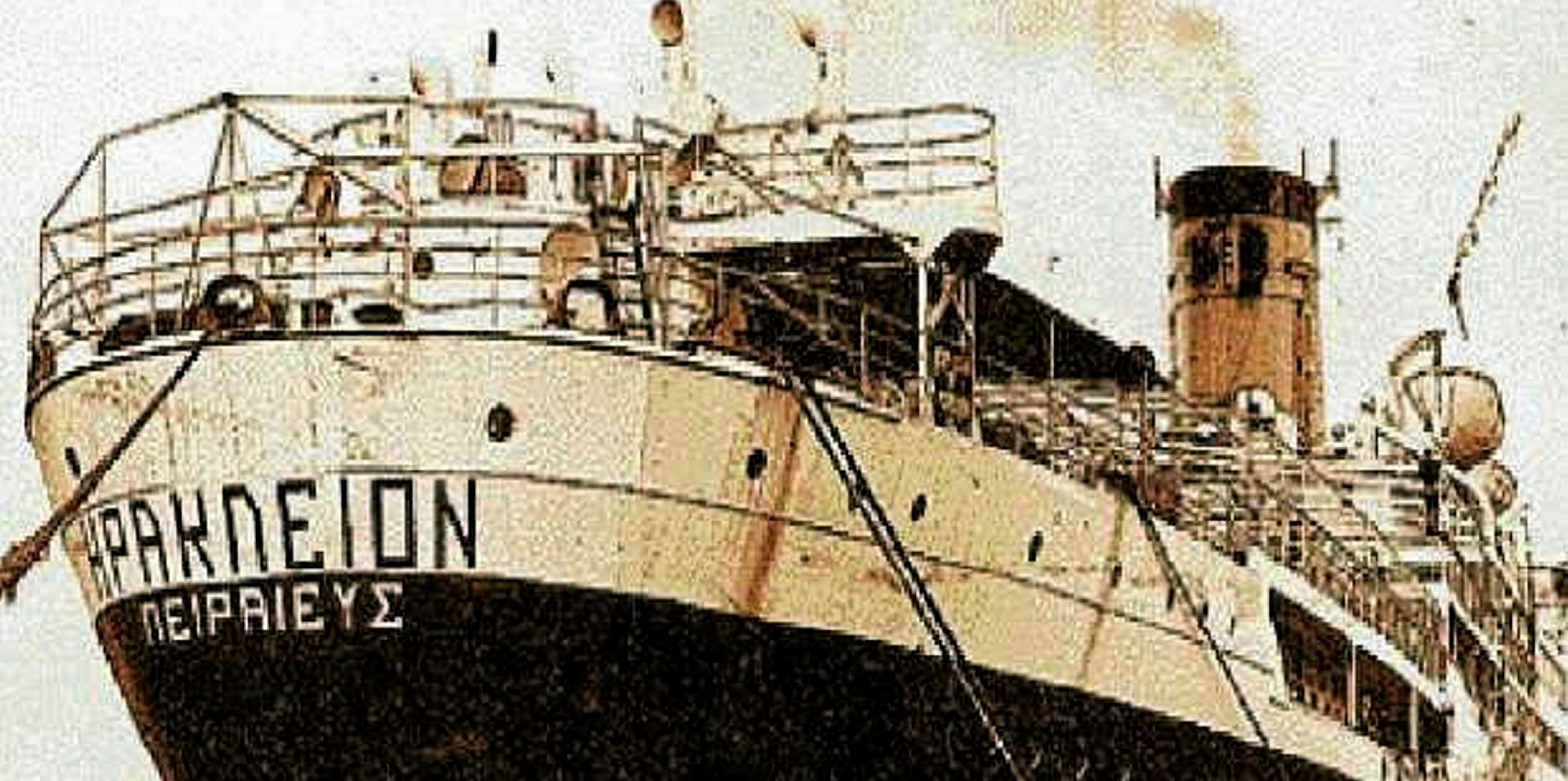
There was little in his family’s background to suggest that the boy from Canea, Crete, would eventually become a shipping banker, one of Greece’s most distinct maritime executives and a president of Intercargo — the international association of dry bulk shipping companies.
“It’s a string of coincidences that led me to shipping,” Platsidakis said in an interview last month, just three days after stepping down as a top manager at the Angelicoussis Shipping Group — a role he held for 31 years.
He initially planned to become a civil engineer but the vagaries of the Greek university entry exam system made him study mathematics instead.
“Mathematics suit me fine — I was always good with numbers,” he said.
Knocking on doors
It would not be the first time Platsidakis displayed a capacity to deal pragmatically and flexibly with whatever life threw at him. It showed itself again later when he moved to the UK to study operational research at the London School of Economics and econometrics at the University of Southampton.
Banking moved accidentally onto Platsidakis’ radar when his eyes came across a job advertisement placed by Lloyds Bank International, which was looking for a graduate in operational research and econometrics.
“It was like I wrote the ad myself,” he said, adding that his contact with Lloyds whetted his appetite for banking. Back in Greece, Platsidakis started knocking on the doors of international lenders and found a job at Bank of America.
“It was the golden time of US banks in Greece back then,” he said.
Soon enough, he found himself arranging offshore loans for oil traders and industrial companies.
Jump into shipping
This formed the perfect preparation for the free-wheeling world of ship finance that Platsidakis entered in January 1980, when Bank of America entrusted him its Piraeus office, which dealt exclusively with shipowners.
His international connections deepened when Bank of America transferred him to its London office to deal with non-Greek clients, such as JL Mowinckels Rederi and Louis Dreyfus Armateurs.
It was a baptism of fire. “The shipping crisis of the 1980s was the best and toughest school you can think of,” he said. “I gained experience — in dealing with persons, navigate in tough markets and solving problems.”
However, risks were not only financial. Platsidakis said he almost drowned when a group he was with went on a boat to inspect an abandoned bulker in the muddy waters off Navlakhi, India.
Platsidakis made the switch to shipping when US banks retreated to lick their wounds from a real-estate crisis back home.
His first post was with Diamantis Diamantides-controlled Marmaras Navigation, where he stayed for a year. In January 1989, he joined the Angelicoussis Shipping Group, which was one of the major accounts he handled at Bank of America.
Despite his experience from a decade in ship finance, Platsidakis discovered very quickly that he had serious catching up to do.
“As a shipping banker, you always think you know shipping, but in reality you don’t,” he said.
Frightening moment
Soon, he plunged himself into the day-to-day operations, developing procedures to make everything within the company transparent — from crewing to provision procedures. This helped with bankers, as finance was a key factor in helping the company become one of the world’s biggest private shipping groups.
One of the first two Greek shipowners to go public, Angelicoussis Shipping Group became private again in 2001 — a decision he defends.
“A crisis can come quickly," Platsidakis said. "You have to be flexible and quick in reacting to things. You can’t have an analyst every day on the phone badgering you with questions on this and that.”
Platsidakis’ thirst for shipping remains and he does not think about retirement.
“Once in shipping, always in shipping,” Platsidakis said. “It’s just such an interesting business that you get stuck in it. If something challenging, inspiring and interesting comes up, I’ll take it.”
This story is part of our Greece Business Focus. The full report will be available on 23 October.
